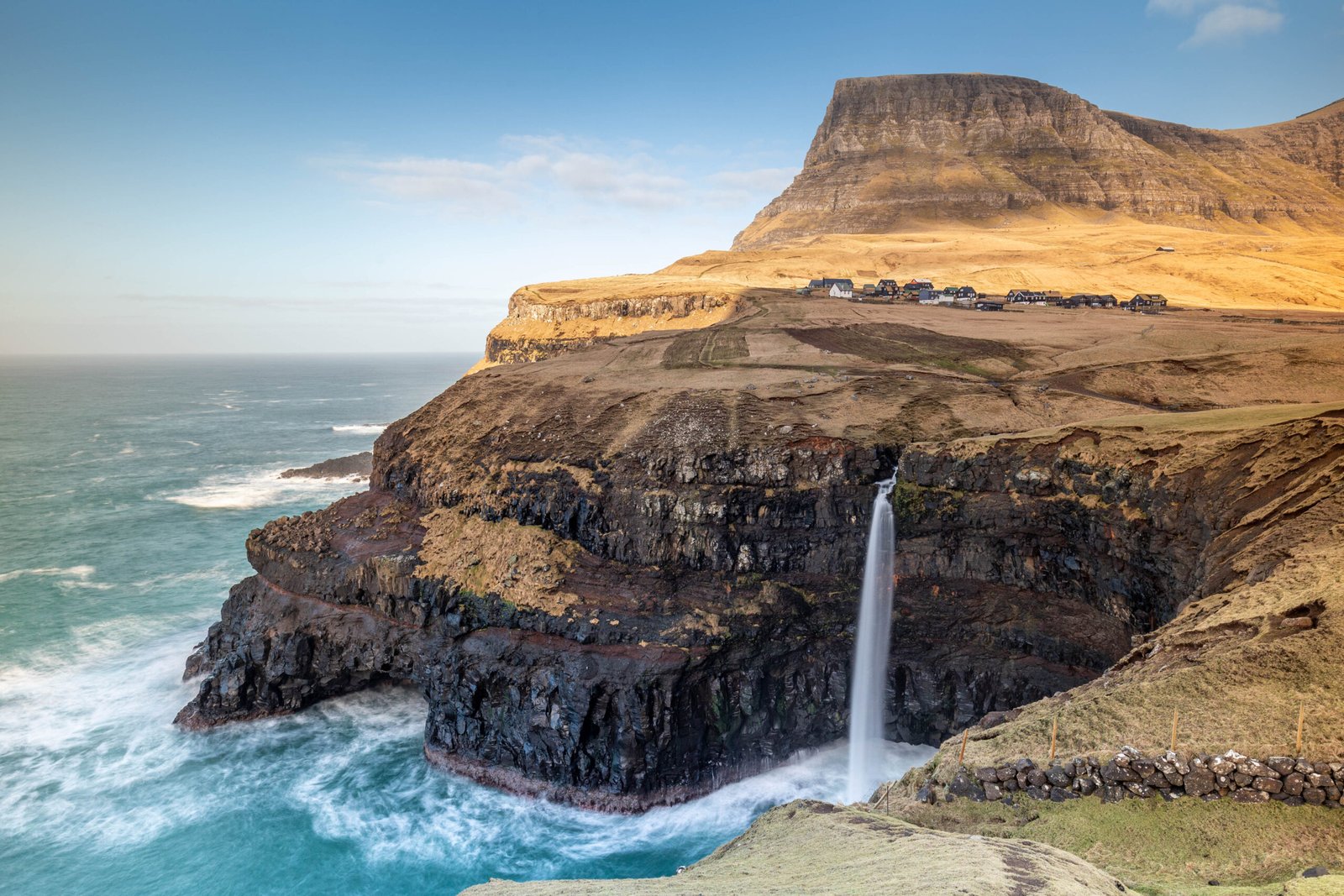Tourism is more than just a means of travel – it’s a gateway to adventure, discovery, and cultural immersion. Whether you’re exploring ancient ruins in Rome, hiking through the jungles of Costa Rica, or relaxing on a pristine beach in Thailand, tourism offers endless opportunities for exploration and enrichment. In this article, we’ll delve into the diverse world of tourism, exploring its many facets and highlighting the benefits it brings to both travelers and destinations alike.
The Power of Travel:
At its core, tourism is about experiencing new places, cultures, and perspectives. It has the power to broaden horizons, foster cross-cultural understanding, and create lifelong memories. Whether you’re traveling solo, with friends or family, or as part of a guided tour, tourism allows you to step outside of your comfort zone and immerse yourself in the beauty and diversity of the world around you.
Cultural Enrichment and Exchange:
One of the most significant benefits of tourism is its ability to facilitate cultural exchange and understanding. Through interactions with locals, participation in cultural activities, and visits to historical sites and museums, travelers gain insight into the traditions, customs, and way of life of the communities they visit. Likewise, locals have the opportunity to share their culture, traditions, and heritage with visitors, fostering mutual respect and appreciation.
Supporting Local Economies:

Tourism plays a vital role in supporting local economies, providing employment opportunities and stimulating economic growth in communities around the world. From hotels and restaurants to tour operators and artisans, tourism creates jobs and generates revenue that can be reinvested in infrastructure, education, and conservation efforts. By supporting local businesses and initiatives, travelers contribute to the sustainable development of destinations and help improve the quality of life for residents.
Preserving Natural and Cultural Heritage:
In addition to supporting local economies, tourism can also play a role in the preservation of natural and cultural heritage. Many tourist destinations rely on their natural beauty, historical sites, and cultural traditions as key attractions for visitors. As a result, there is often a strong incentive to protect and conserve these resources for future generations. Through responsible tourism practices and initiatives, travelers can help minimize their impact on the environment and contribute to the preservation of cultural heritage sites and traditions.
Promoting Sustainable Travel Practices:
As awareness of environmental and social issues continues to grow, there is a growing emphasis on promoting sustainable travel practices within the tourism industry. From eco-friendly accommodations and carbon offset programs to community-based tourism initiatives and responsible wildlife viewing practices, there are many ways travelers can minimize their environmental footprint and support sustainable tourism efforts. By making conscious choices about how and where they travel, travelers can help ensure that tourism remains a force for good in the world.
Conclusion:
Tourism is more than just a leisure activity – it’s a powerful force for positive change in the world. From fostering cultural exchange and understanding to supporting local economies and preserving natural and cultural heritage, tourism has the potential to enrich lives, strengthen communities, and promote sustainable development. As travelers, we have a responsibility to engage in tourism in a way that respects and preserves the places and people we visit. By doing so, we can ensure that tourism continues to be a source of inspiration, enrichment, and connection for generations to come.













